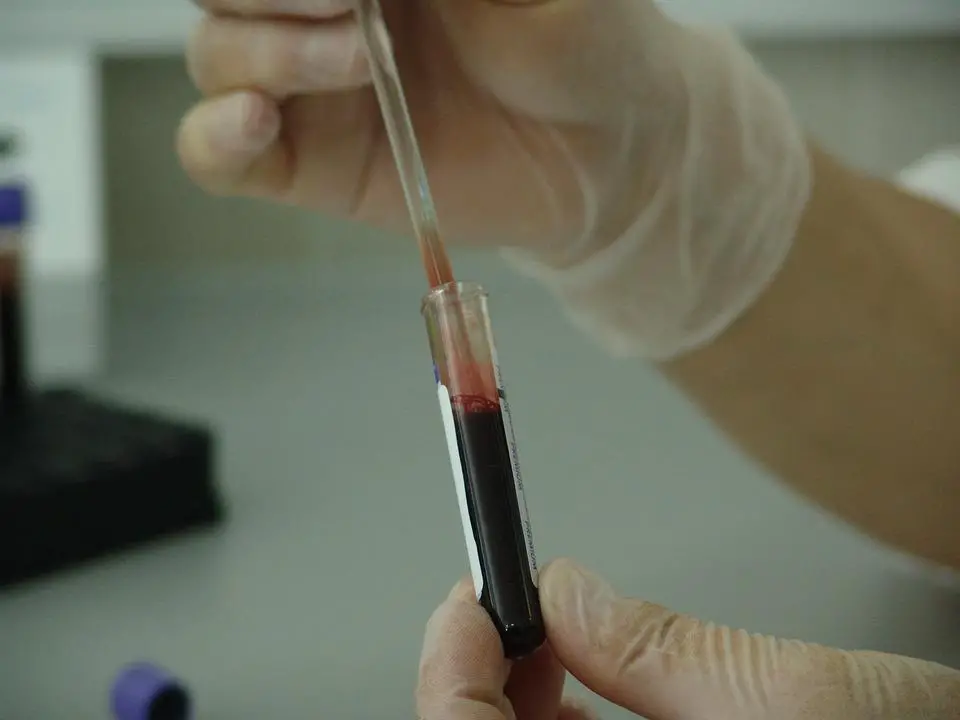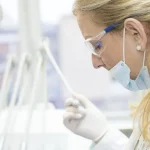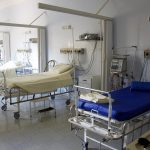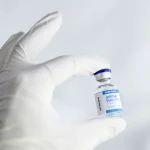As Poslovni Dnevnik/Marija Crnjak writes, through the joint efforts of the Ministry of Health, the Ministry of Physical Planning, Construction and State Property and the Immunology Institute, a solution was reached by which the Rugvica business zone near Zagreb will become the permanent home of the new Croatian Immunology Institute, the Ministry of Health reported recently.
”In the context of legal challenges we faced with the previous chosen location, we’ve made a significant step forward in continuing this strategic project and have shown the strong will and determination of the Croatian Government, the Ministry of Health and the Croatian Immunology Institute to remain committed to revitalising the Immunology Institute as an important institution in this country,” said Health Minister Beros on the occasion of this decision.
With this decision, the Municipality of Rugvica, as the owner, donates to the Croatian Immunological Institute, land in the Rugvica working zone – north, 69,761 m2 with a potential minimum minimum size of 20,000 m3 for the construction of an entire biological drug factory, the construction of a separate plant for antitoxins, and plants for the production of animal immunosera intended for both human and animal use with the primary purpose of producing antitoxins for the venom of European snakes.
This Decision was preceded by a statement from the State Attorney’s Office of the Republic of Croatia, the Ministry of the Economy and Sustainable Development, and the Ministry of Physical Planning, Construction and State Property found no legal obstacles in terms of Article 391 of the Property and Other Real Rights Act.
The construction of the entire factory will begin in no later than two years time, while the estimated construction time to the stage of functionality is nine months from the positive completion of the public tender, ie the selection of all of the contractors by tender. The method of construction of the production plant will be prefabricated modular segments of clean rooms designed and built outside the building and connected and formed inside the building, preceded by a series of preliminary works, from obtaining the necessary permits, evaluating the conceptual design and final design of the main project.
At the same time, a public tender has been prepared for publication for the construction of a new biopharmaceutical plant for the production of animal immunosera, ie drugs intended for both human and veterinary use with the primary purpose of producing antitoxins for European snake venom.
As the Croatian Immunology Institute has permits for animal testing, as well as breeding permits, there are some basic preconditions for building a plant for processing hyperimmune equine (horse) plasma within the new factory, as a complete unit in one location, where the processing, filling and equipping would take place. The existing resources on the farm in Sveta Nedelja will be used for all of the above.
“The Croatian Immunology Institute is the flagship of our science and deserves all possible interdepartmental efforts. The easiest thing in the world to do is to simply declare the end and throw in the towel at the first sign of any obstacles that understandably appeared due to the complexity of this project. We’ve chosen a harder but more correct way of going about things, we’ve taken an additional step forward and together we’ve found a solution to continue the revitalisation of the Croatian Immunology Institute.
In order to restore its reputation and further position it on the international map of leading manufacturers of vaccines for various purposes, as well as other products in demand in this market segment, in the first phase, vaccines against measles and rubella will be produced, as these are products needed by both the Croatian and world markets,” concluded Minister Vili Beros, adding that this country now the opportunity to meet the preconditions for its own production of antitoxins, which would make Croatia self-sufficient in the production of snake antidote, which is especially in demand during the summer tourist season when bites are more common.
For more, make sure to check out our dedicated lifestyle section.











